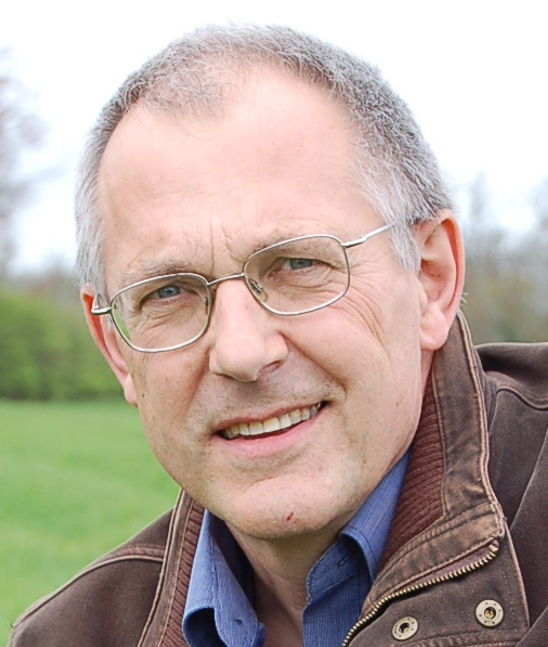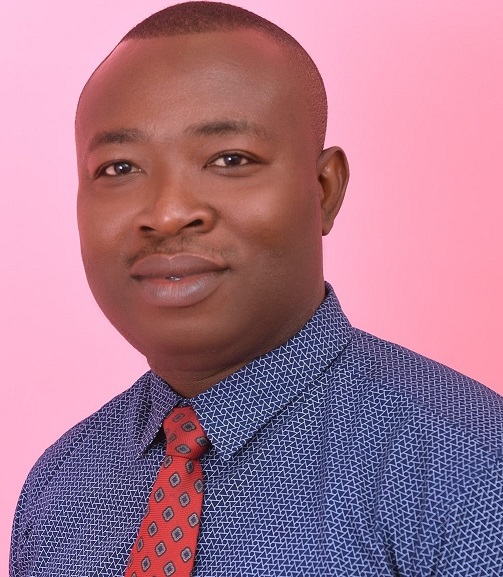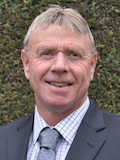
Date: Tue Jun 26, 2018
Time: 10:00 AM - 11:45 AM
Moderator: Jose Molin
Most farmers globally could make their farms more productive; few are limited by ambient availabilities of light energy and water. Similarly the sustainability of farming practices offers large scope for innovation and improvement. However, conventional ‘top-down’ Agricultural Knowledge and Innovation Systems (AKISs) are commonly failing to maintain significant progress in either productivity or sustainability because multifarious and complex agronomic interactions thwart accurate predictions of site-specific best practices. A revolution in knowledge generation and exchange is therefore needed to realize the potentials of individual farms and fields. This farmer-centric revolution will best arise from coordinated and widely shared farmer-centric monitoring, benchmarking and experimentation. These all require more coordination, care and quality control than can generally be provided by farmers so they must be driven by investments in farm facilitators and their training, as well as development of easy-to-use, supportive digital platforms.
Initiatives for farmer-centric knowledge generation and exchange have occurred across the world but past models have not generally been targeted at eliciting site-specific progress, and they have been weak in fostering comprehensive feedback between farmer and researcher. Models enabling engagement by the largest number of farms and the most thorough feedback are expected to engender fastest agronomic progress. Whilst digital tools such as are currently used in ‘precision farming’ are seen as essential to this fast feedback, it is suggested that most emphasis should be placed on creating the social infrastructures that will maintain communication channels throughout the new ‘bottom-up’ AKIS.

Precision Agriculture is a data-based decision making farming process taking in-field variability into consideration. It uses multiple advance tools and technologies like GPS, GIS, VRT and provides substantial value in terms of minimizing input and maximizing profit to farmers in regions like Canada, North America who have larger land holding capacity. Precision agriculture technologies require significant investment in terms of capital which is most of the time not feasible for farmers with small farm holding capacity especially in regions like India which is very cost sensitive market.
In this paper, we will glance at various enablers for Precision Farming like environmental / weather impact, and world population etc. followed by various technologies used in Precision Agriculture along with current trends. We will also cover evolution of agriculture industry over period in India along with current Precision Farming trends for small farm holders. We will review aspects like complexity, affordability, technology integration, ease of use etc. and how these may affect the Precision Farming adaption.
We will also see some specific case studies and product where early precision farming solution are being used and its scale. We will conclude paper with our recommendation on overcoming these challenges.
The aim of this paper is to analyze the factors leading to low adoption rate of precision farming in Serbia and to describe steps being taken by BioSense institute to increase it. The majority of the arable land in Serbia is grown by small family owned and operated farms most of which are in the range of 2 to 5 ha making them highly unsustainable. Only 16% of the arable land is managed by agricultural companies and cooperatives. We believe that the adoption of advanced technologies with the currently available precision farming solutions is low among the small farmers due to the small size of the agricultural fields and their inability to invest in technologies. Therefore BioSense institute aims to develop low cost, easy to use precision farming solutions that can be applied anywhere regardless of size, the type and age of agricultural machinery used by the farmers and make IT an important tool to drive small farms towards sustainability. With the new applications developed by BioSense all farmers, even small, can benefit from the diffusion of IT into agriculture making precision farming widely accepted in the years to come. In the framework of the “Digital Agriculture of Serbia” program, several technologies are being developed in the areas of nano and microelectronic in-situ sensors, robotic platforms, genotyping/phenotypic, remote sensing (UAS, satellites), internet of things (IoT), and big data analytics as a means to create new information and extract new knowledge that is not otherwise available. A web-based and android-based digital platform named “AgroSense” was recently released for public use and got widely accepted with a large number of large, medium and small farmers registering to the system. The platform brings the benefits of IT to the end users providing free and paid tools (for advanced users) for better decision making. It is also an excellent tool for big data collection that will create new agronomic knowledge. We foresee a great potential for advancing and modernizing farming in Serbia leading towards a more sustainable and environmentally friendly agriculture.

The main objective of the research was to examine the prospects and challenges of developing and implementing precision agriculture (PA) in cocoa production in Ghana. A census of cocoa research scientists and a survey of cocoa extension agents (CEAs) in Ghana were taken. Five major challenges they perceived to pose serious challenges to the development and implementation of future Precision Agriculture Technologies (PATs), in their decreasing order of importance, were (a) farmer-demographic characteristics, (b) environmental, (c) educational, (d) economic, and (e) technical challenges. Major farmer-demographic characteristics expected to pose serious challenges to precision agriculture development and adoption in Ghana were age of farmers, farmers’ low level of education, farmers’ lack of computer knowledge, and subsistence farmers with low income. The most important environmental challenges expected to pose substantial challenge to PAT development and adoption were lack of accessible road to farms, vegetation (mostly forest/trees) posing a challenge to the movement of PA tools, and undulating nature of topography of cocoa fields. Scientists’ and CEAs’ perceived that the overall challenges to PATs development and implementation would be substantial and there were no significant difference between their perceived challenges anticipated in the development and implementation of PATs in cocoa industry in Ghana. This means that the overall prospect of developing and implementing PA in cocoa production in Ghana was perceived to be rather low. The study recommended, among others, the need for stakeholders to set up research unit purposely to develop PA tools, technologies and methods taking into consideration the environmental factors such as soil type, vegetation and topography of arable cocoa lands in Ghana. On-station trials of PATs should begin with these units and later on-farm trials replicated on farmers’ farm. Moreover, initial targets and training of farmers should focus on those with higher level of education who can fully comprehend and apply features of PA since PA is highly knowledge based.


